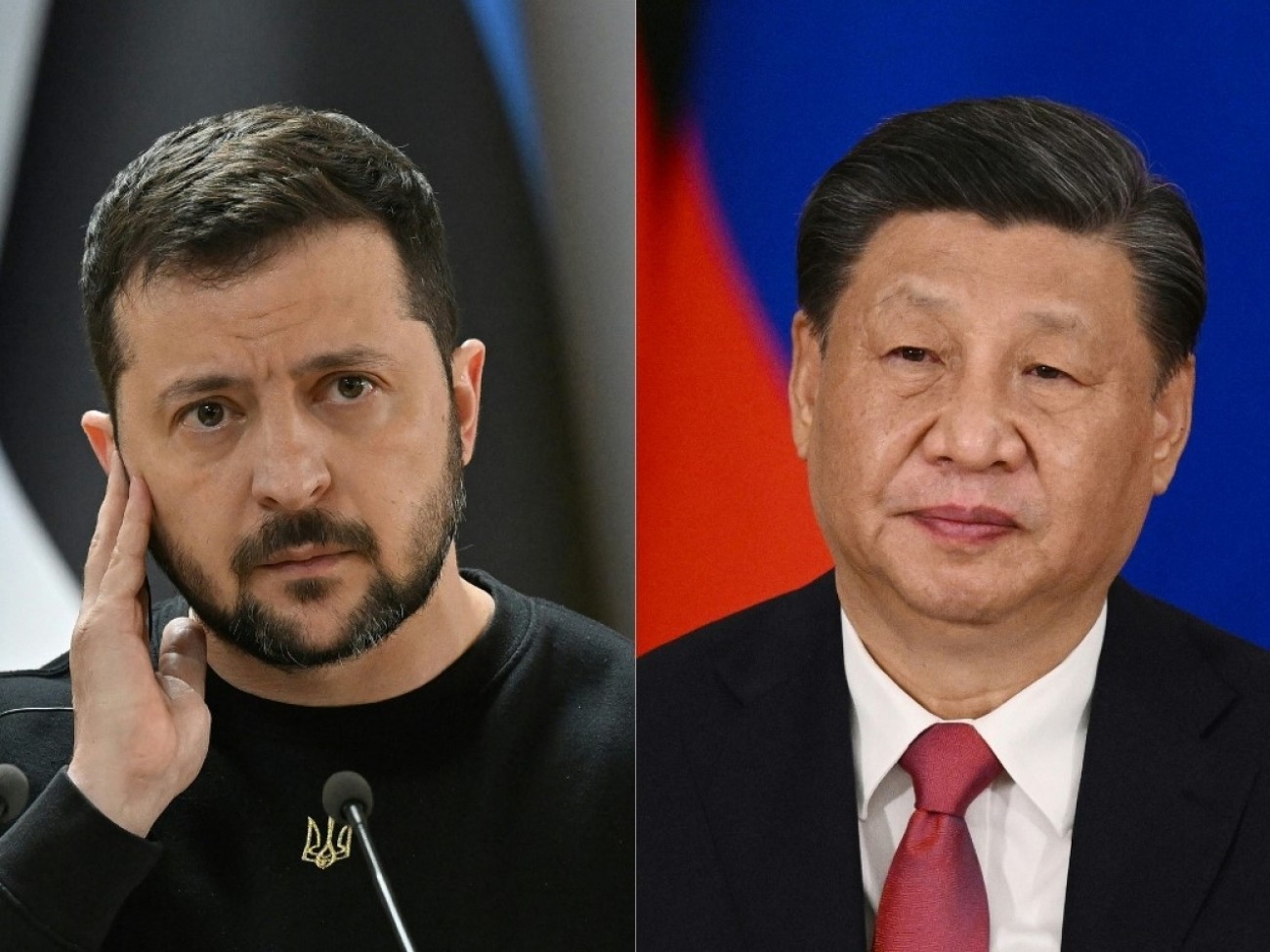China’s successful mediation between entrenched hostiles of Saudi Arabia and Iran has encouraged it to extend its influence by assuming the role of a global mediator of disputes.
It proposes to engage in the Yemeni dispute in which the Saudi Kingdom and Iranian theocratic state are involved by supporting their proxies.
All global disputes are not alike in their nature, content, and fallout. Some conflicts are multi-faceted, some are complex, and some result from egotism. Forging reconciliation becomes successful if the mediator can address the core issues, which are often invisible and need to be understood with great patience.
Recently, we have seen movement in Chinese top circles indicating some activity in the Chinese foreign ministry about the Ukrainian War.
China has been in touch with the Ukrainian president on the telephone, and Chinese President Xi Jinping has also met President Putin twice in the last six months.
Both leaders have reiterated the commonality of their perception of global strategies and have assured their respective peoples that they stand by each other, especially in challenging circumstances and situations.
Last February, China presented a 12-point position paper coinciding with the first anniversary of the Ukrainian War. The position paper was criticized, alleging it to be tilted towards Russia. Beijing did not proceed to spell out the plan leading to a ceasefire and its aftermath.
Strangely, while the West largely rejected the position paper, Moscow and Kyiv said they were open to it. Moscow interpreted that first, Ukraine and the West must talk, and Zelensky demanded that Ukraine’s borders with Russia must be restored.
Part of Beijing’s strategy was a long telephonic call from President Xi to Zelensky, which the West primarily welcomed, but China did not condemn Russia for the precipitate action against Ukraine.
This notwithstanding, Beijing is under pressure from Washington and its allies to put in more efforts to mediate a ceasefire and engage Zelensky with emphasis.

We find Washington’s persuasion rather ludicrous, presuming that its pressure on Beijing is real and not rhetoric. It is absurd because why should Washington and its allies desire China to prevail on Zelensky, who is their creation and their intrepid proxy?
China has also criticized the West for prolonging the War in Ukraine by arming Ukraine.
Putin endorsed China’s calls for peace talks in person when Xi visited Russia in March. Moreover, President Xi and French President Emmanuel Macron met last month in Beijing, and Ukraine did figure in their interface. The two agreed to push further to put an end to the conflict.
Another development that shaped side by side these events is that China and the West seem to be taking a more pragmatic view of the Ukrainian crisis when the question of resolving it is to be tackled with all seriousness.
After the notorious spy balloon saga in February last, top Chinese diplomat Wang Yi and US national security adviser Jake Sullivan met in person in Vienna for two days of “candid talks.”
To stabilize China’s relations with the West, Chinese foreign minister Qin Gang is undertaking a tour of Europe. China’s relations with the West had suffered a setback in light of the Ukrainian conflict and China’s role.
In a meeting with his German counterpart Annulene Baerbock, Qin reaffirmed that Beijing would communicate with all relevant parties in the conflict.
South China Morning Post of May 12 reported that President Xi had appointed Li Hui as China’s special representative for Eurasian affairs. He would be heading toward Ukraine and Russia next week, meaning the current week.
He will also travel to Poland, France, Germany, and Russia from Monday, May 14. In this way, China will be among the few countries whose envoys will visit both conflicting countries.
Li is a vice-ministerial-level diplomat and will be the senior most Chinese official to land in Ukraine since the beginning of the conflict in February 2022. His visit, no doubt, demonstrates China’s commitment to promoting peace and talks abroad.
Announcing the trip on Wednesday, Chinese foreign ministry spokesman Wang Wensink said it showed that China was firmly on the side of peace.”
We said in the beginning that China is looking to enhance its global influence and finds mediation a strong instrument for achieving that objective. But the question is that it also reflects the dichotomy in China’s commitment to peace.
China’s not-too-friendly attitude towards Taiwan and other smaller island countries in the South China Sea, China’s aggressive posturing against India in the case of the Himalayan border, and China’s spurious claim to the Indian State of Arunachal Pradesh and also China’s unilateral aggression against Tibet and expulsion of Dalai Lama, all speak of double standards of China’s so-called commitment to peace.
We have not forgotten how China vetoed the designation of Pakistani terrorists by the UN or the terrorizing of the Uyghur Muslim population of the Autonomous Region of Xinjiang.
China has to do many things to prove that it is committed to world peace in the true sense of the term. China has spread its tentacles all over the world for power, influence, and trade at the cost of the interests of others.
But when the Quad-4 came into existence, it was upset because there was an alliance that could thwart its global ambitions.
- KN Pandita (Padma Shri) is the former Director of the Center of Central Asian Studies at Kashmir University. Views expressed here are of the author’s.
- Mail EurAsian Times at etdesk(at)eurasiantimes.com
- Follow EurAsian Times on Google News